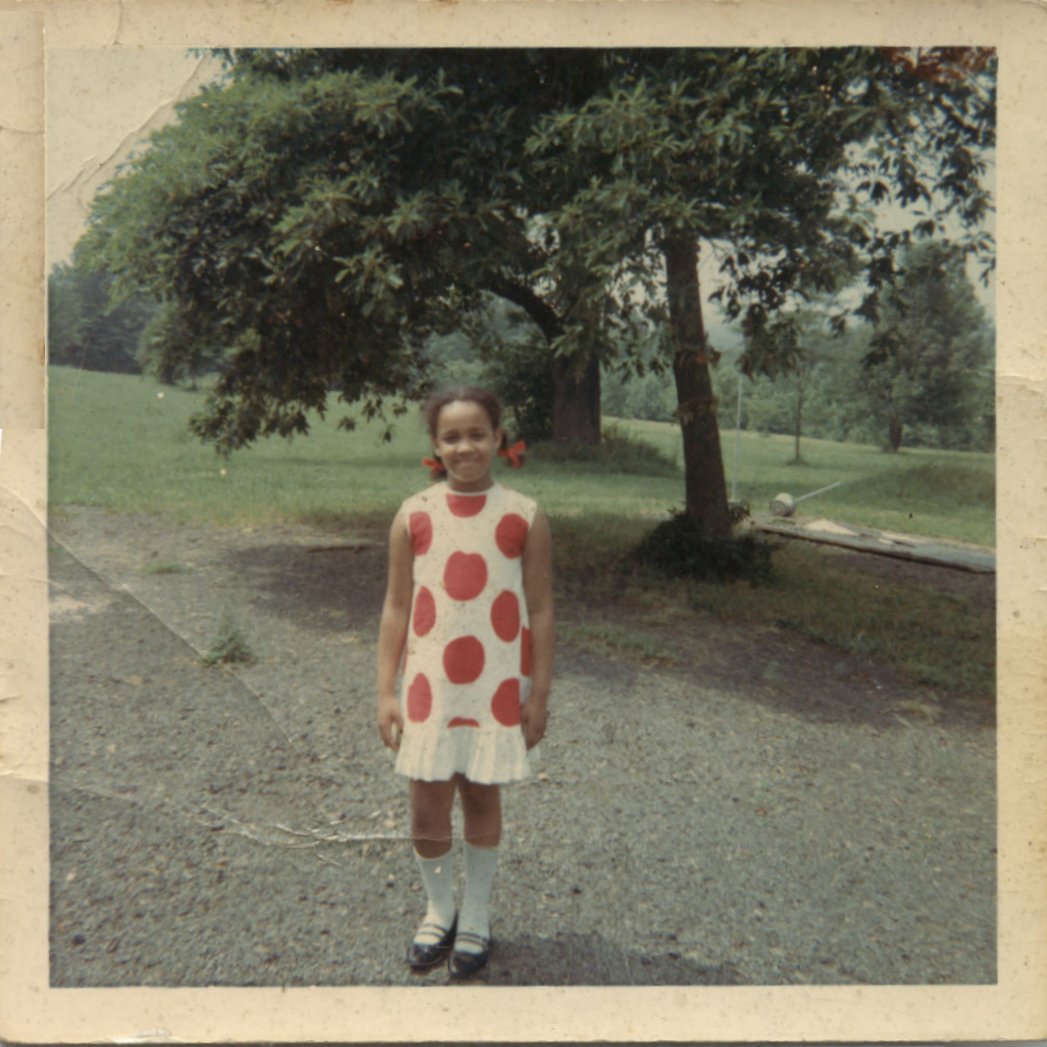
an opportunity to hear music other than my own piano playing or hymns, and
occasionally some great magazines lying about (Ebony, Essence, Glamour). In
particular, the weddings were fun; even the funerals weren't bad if put in perspective,
but the most dreaded day of the year for me was Cousin Sara's annual birthday party.
Cousin Sara was the spinster of all spinsters. She was ageless; her
handsome face, even
on her 90th birthday, had that "middle-aged" gleam that defied one
to determine her age.
A prouder native Anguillan you could never meet because there was no
one prouder than
Cousin Sara. Meeting all the criteria of a Jane Austen character, except
for her
chocolate brown skin, her house and clothing epitomized perfection,
rigidity. Both her
home and clothing were like a Paul Klee painting, every color fitting
exactly within its
square. The fact that she owned her own three-storey detached home
in Astoria Queens,
earned through her own labor, made her even more careful with her precious
collectibles- her most cherished items- her tracker organ and her piano.
By the age of five I had been taught the social graces, particularly
table manners, that
allowed me to maintain my place in adult company as required in my
role as "Mrs.
Hodge & Daughter". I had learned to eat things that I hated, eat
when I wasn't hungry,
sit quietly (or sleep) through all sorts of things, smile more cheerfully
as yet another lady
pinched my cheeks; I had even learned to tolerate the most detestable
of all - the kiss
plopped squarely on the lips.
With these skills firmly implanted, it was still tantamount to crucifixion
to survive
Cousin Sara's annual party. It was the duration of time for which I
was required to be on
my best behavior, as well as Cousin Sara's high standards for acceptable
behavior that
made her party an interminable event. This was compounded by the fact
that I had to
play a piano solo, as did every one else present at the party. Had
she been as
discriminating in her musical tastes as she had been elsewise, these
parties would have
been a lot shorter. A lack of talent was no excuse for nonperformance,
the other guests
suffered through your attempts at stardom anyhow. Similarly, lacking
the ability to play
was no excuse, those that couldn't play had to sing or give a recitation.
In short we all
worked for our dinner.